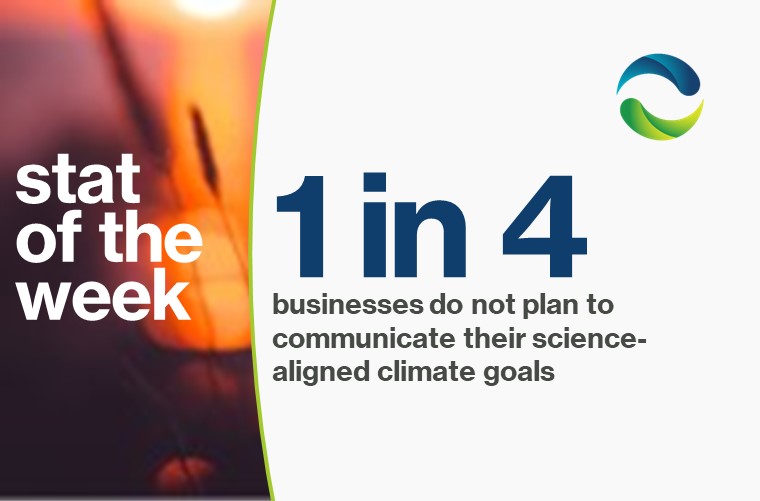On March 23, global investment manager Nuveen released the results of its second annual EQuilibrium survey, uncovering the drivers of investor behavior. The 2022 study, which polled 800 global investors and consultants, reveals that climate change and its market consequences are already compelling asset owners to reexamine their traditional investment approaches.
Among the key findings: a vast majority of asset owners (87%) currently weigh environment, social, and governance (ESG) factors into their investment decisions or plan to do so within the next year. Within ESG, climate change and its effects are especially important in investors’ eyes:
-
71% of institutional investors believe that climate risk is investment risk.
-
79% believe the transition to a low carbon economy is inevitable, and even more (86%) believe the transition presents opportunities.
-
Climate risk was the second most cited trend shaping institutional portfolios over the next five years; only technological change ranked higher (by 1% of respondents).
-
90% of insurance companies—a sector particularly adept at the identification and quantification of risk—address climate risk in their portfolios today or plan to do so within two years.
Put simply, investors understand that ESG risks, and climate risks in particular, are real and material. They also understand that companies that take action to address those risks are better investments. According to the OECD, companies with strong ESG practices may see enhanced revenue, corporate reputation, competitive positioning, and supply chain reliability, among other benefits. A majority of ESG investors believe that those investments are actually “safe havens” that retain value or even appreciate during downturns.
As investor attention grows, the pressure on companies to, at the very least, disclose, and ideally to improve ESG performance mounts as well. Importantly, investor pressure is additive to existing motivations. Companies must recognize that the benefits of meaningful climate action are growing, and they should recalibrate their strategies in light of investor priorities.
The Climate Board understands that climate action is sound strategy, but one that requires skilled financial leadership. If you’d like to learn more about how we’re helping CFOs and other financial leaders navigate the transition to a low-carbon economy, or if you’d like to participate in our research, contact us at info@theclimateboard.com.




